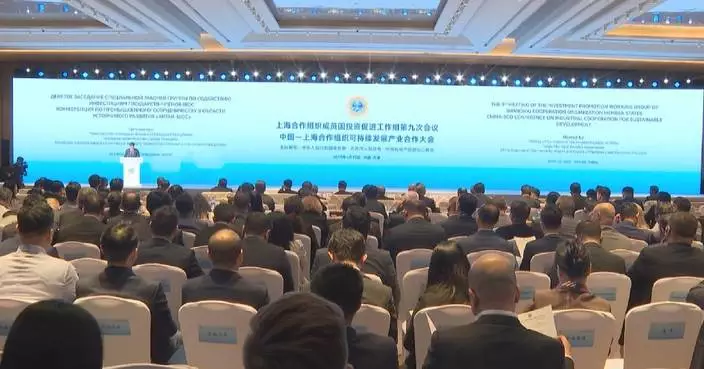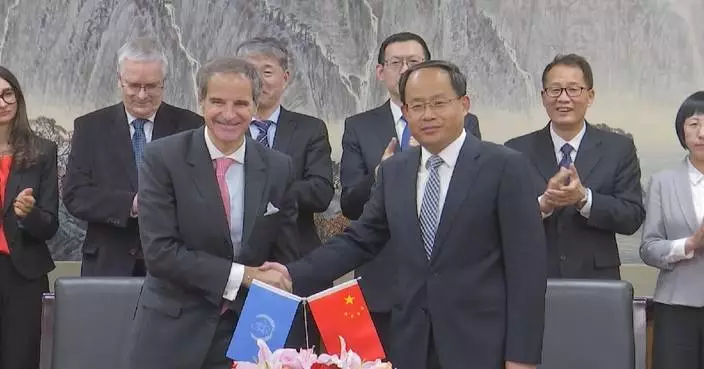Nanjing City in east China's Jiangsu Province has seen a surge in housing listings after easing commodity housing restrictions on Monday, as part of broader efforts to revitalize the local property market.
Under the revised rule, commodity housing units can be listed for sale immediately after the owner obtains a real estate registration certificate. As a result, homeowners have rushed to put their properties on the market.
A local real estate agency has noted a surge in property listings entering the system. Though information such as price, area, and location is available currently, photos of housing details have yet to be taken and uploaded.
"Basically, there are relatively more listings in districts like Jiangning, Qixia, and Pukou, while the number of listings in the downtown area is comparatively lower. Taxes and fees still apply; it's just that sales restrictions have been lifted," said Ye Xiaochao, a staff member from a housing agency in Nanjing City.
According to data from a local real estate agency, the city saw 3,114 new listings on Monday, compared to the usual daily average of around 850.
Industry experts believe that in the long run, lifting sales restrictions will enhance market liquidity and activity, contributing to more stable housing price expectations. At the same time, Nanjing has announced an expanded scope for housing provident funds, allowing eligible parents and children of homebuyers to apply their accounts toward financing a property purchase.
This expanded policy for withdrawing housing provident funds to cover a home's down payment now includes the buyer's parents and children, extending eligibility beyond just the homebuyer and spouse.
When purchasing a property, priority is given to withdrawing funds from the accounts of the buyer and spouse. If the combined balances in both accounts are insufficient, the buyer's parents' or children's account balances can then be utilized.

Nanjing sees spike in home listings after easing restrictions

Nanjing sees spike in home listings after easing restrictions




















































